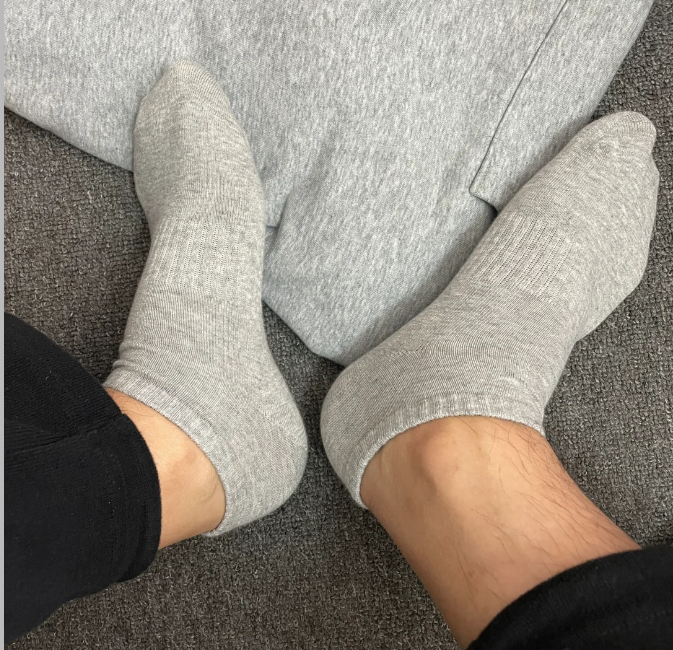When buying socks, don't worry about whether they are 100% cotton, because there is no such thing as a whole pair of socks being 100% cotton. Even if there is, there is no elasticity at all. After washing, it shrinks severely, and after drying, it becomes "extremely hard" and not at all firm.
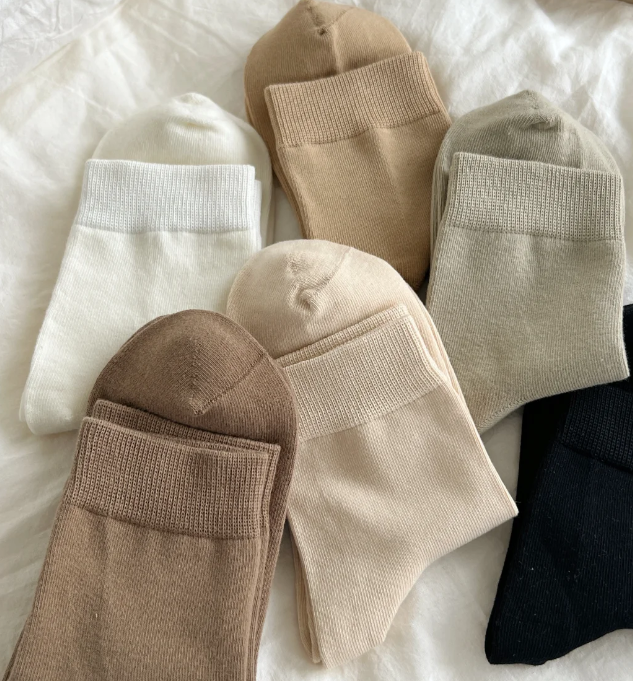
Key points: Nylon socks have many advantages, such as good durability, fast drying, good antibacterial properties, and good breathability. But it also has some drawbacks, such as not being soft enough, poor insulation performance, and not suitable for high temperature environments. Therefore, when choosing socks, it is necessary to choose the appropriate material according to one's own needs and environment
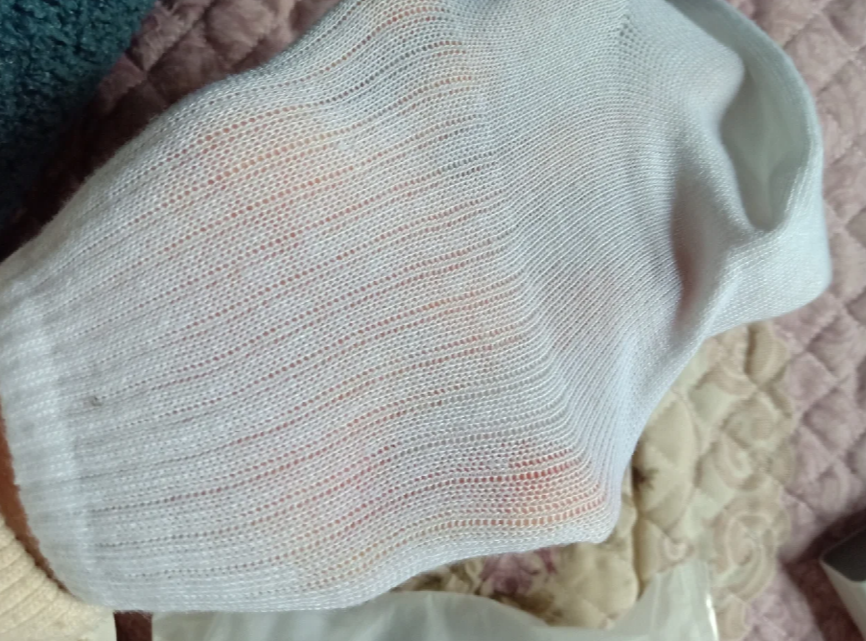
Key point: The raw material for bamboo fiber comes from bamboo, which has much faster recyclability than wood, making it more environmentally friendly in today's industrialized society. Bamboo fiber is the fifth largest natural fiber after cotton, hemp, wool, and silk. In addition, the UV penetration rate of bamboo fiber is 0.6%, which is 41.6 times that of cotton, making it an excellent raw material for UV resistant fabrics.
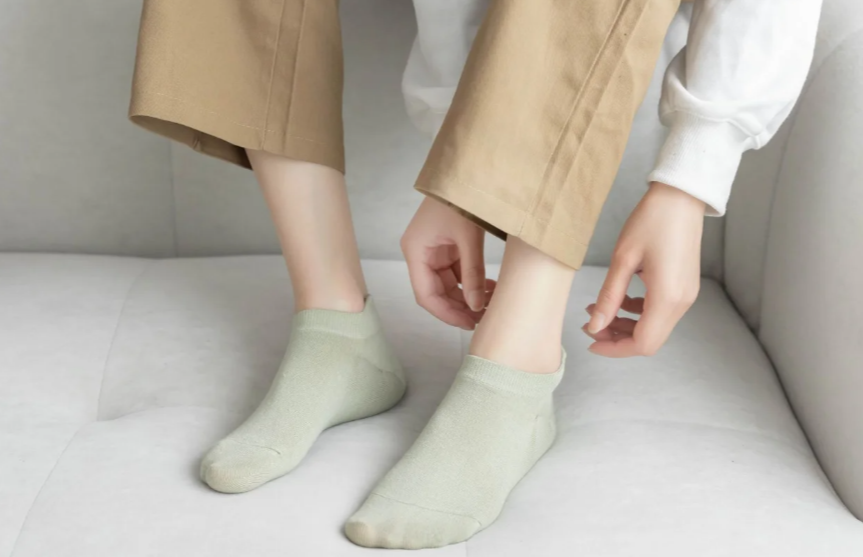
modal
Advantages: Glossy, soft, moisture absorbing, easy to dye, durable
Disadvantages: Chemical fiber processing, allergic constitution not suitable for use
Washing method: Modal fibers are relatively short, and the fabric will slightly harden when exposed to water. When washing, try to choose gentle hand washing to avoid excessive friction.
Key point: This is also a very popular textile fiber in recent years, belonging to the adhesive category. It is made by beating and spinning European beech wood. Adding Modal to the composition of socks can make the feel softer and more comfortable, and it is also a very popular textile in recent years.
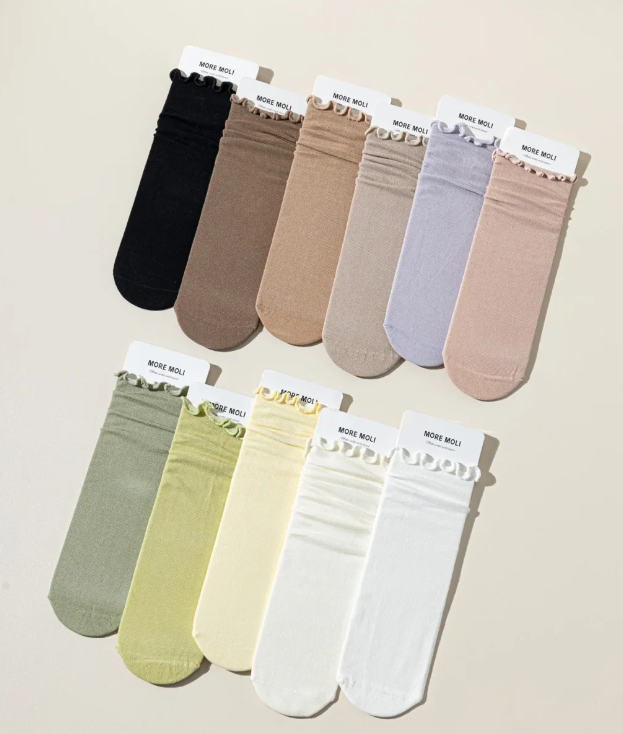
polyester fiber
Advantages: Strong and durable, wrinkle resistant and iron free, sun resistant, not afraid of mold and insect infestation
Disadvantages: poor moisture absorption, poor staining, easy pilling, poor melting resistance
Washing method: The washing temperature should be below 45 degrees Celsius and should not explode
Key point: Polyester is an important variety of synthetic fibers and is the commodity name of polyester fibers in China. Commonly known as "Dacron" in China, polyester has a wide range of uses and is widely used in the manufacturing of clothing fabrics and industrial products. Polyester has excellent setting properties. The flat, fluffy shape or pleats formed by shaping polyester yarn or fabric can remain unchanged after multiple washes during use.
